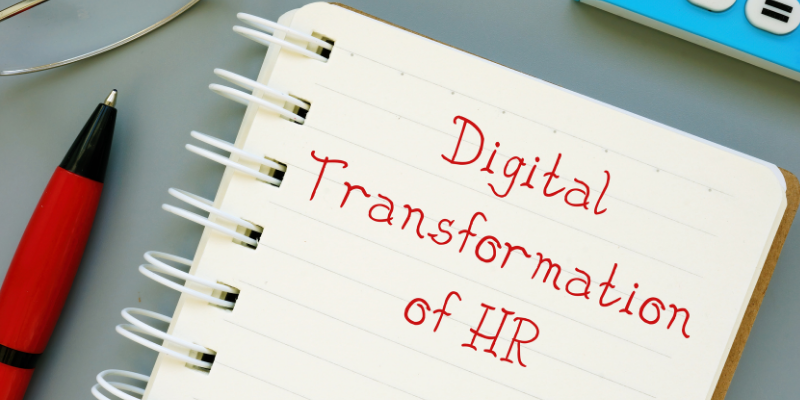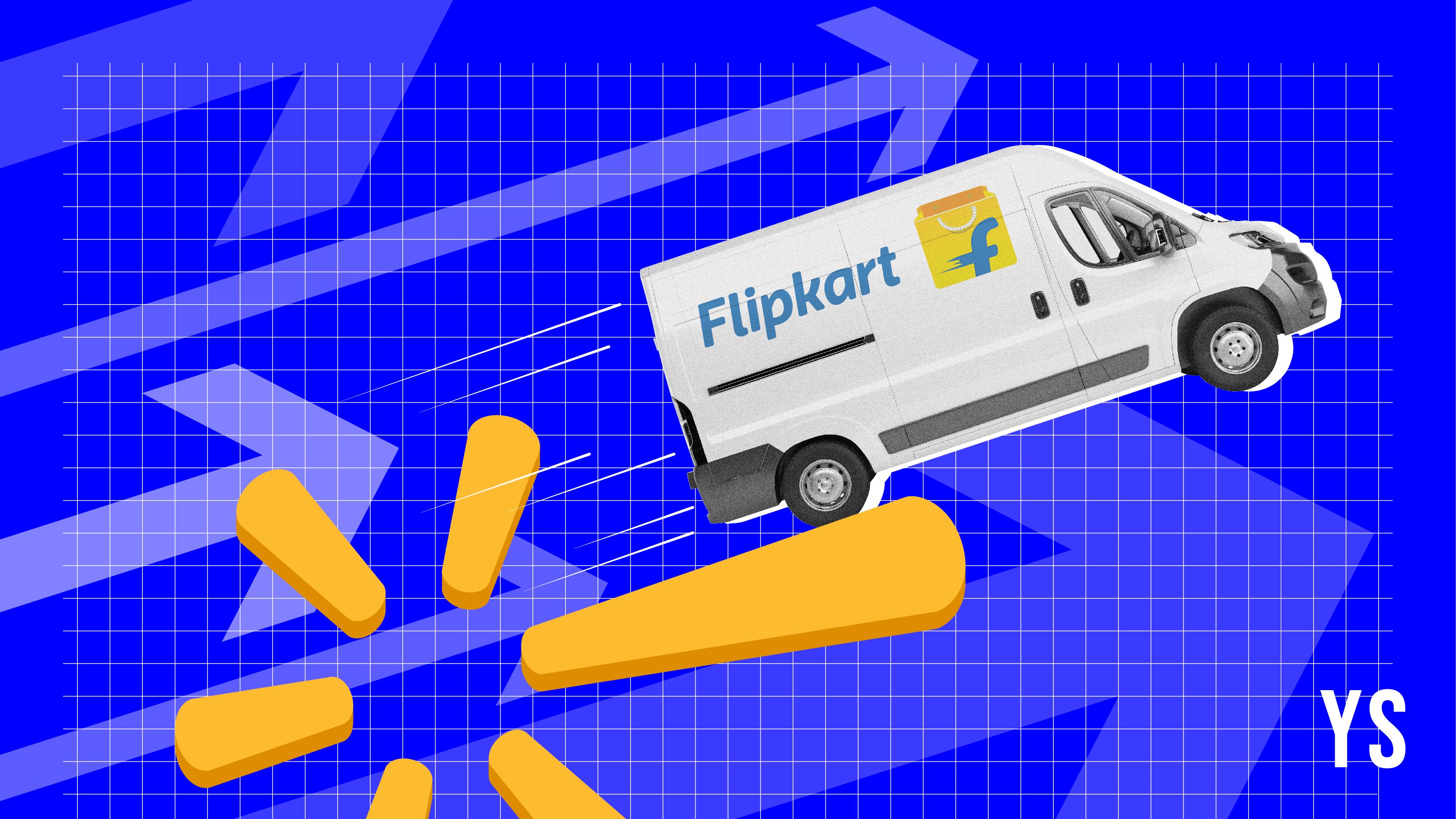Re-imagining the digital HR transformation journey of organisations
The digital transformation of the HR function assumes significance as it allows HR personnel to focus on core areas such as employee engagement, performance-linked benefits and career progression that helps keep employees motivated and reduce attrition.
The HR function has assumed a more pervasive role than ever with its ability to impact business outcomes directly. The proliferation of emerging technologies, penetration of Internet connectivity and the onset of Industry 4.0 has fuelled the need for organisations to embark on the journey of digital HR transformation. Digital HR transformation has become indispensable for global firms and even small-medium enterprises that are on an expansion spree.
The process of digital HR transformation goes beyond deploying the right mix of technologies to make HR processes efficient, automated and connected; its implications encompass a massive transformation in the organisational culture.
Emerging technologies such as Artificial Intelligence, Machine Learning, Deep Learning and Robotics have automated some HR tasks while re-imagining others.
Benefits of digitisation
Organisations gain immensely as HR processes become automated, data-driven and technologically sophisticated. The tech-driven transformation frees HR personnel from some tasks such as manual scheduling and completing of timesheets, etc. thereby allowing them to concentrate on their core functions. It also speeds up operations, besides making them more streamlined, efficient and transparent.
The impact of digitisation is profound in attendance payroll and employee benefits management by automating the system of applying for leaves, generating salary slips and much more. HR personnel have to deal with volumes of information pertaining to employees and organisations daily.
Digital HR technologies help to simplify the process of accessing information, thereby facilitates informed decision-making. It also saves time, cost and resources in maintaining the tedious paperwork while archiving or storing documents.
Role of the HR function
As the wave of digital transformation engulfs the organisation, the HR function faces massive challenges in reorganising its operations and transforming the workplace simultaneously. Instead of performing merely a supporting role, the role of the HR function has today become paramount in spearheading the digital transformation agenda.
The onus is on the HR function to identify the roles to be automated, familiarise and upskill to leverage the new technology and usher a smooth transition of the organisation to a tech-driven culture. Experts opine that the swift, agile and thoroughly abreast have a remarkable impact on organisational culture as well as employee experience.
With geography being no longer a constraint owing to extended work from home amid the pandemic, communication and collaboration have emerged as a panacea to sustain the momentum. Technology is an enabler to facilitating both through tools such as social media, Webex, Zoom and many more.
Industry 4.0 and economic uncertainty have also necessitated the upskilling and re-skilling of employees to enable them to stay relevant amidst stiff competition. Most firms have now put in place a comprehensive Learning Management System to train employees and help them in the path of career progression. Online short-term courses have also gained currency as a medium to equip employees with the relevant knowledge base and skills.
Significance of employee engagement
Since employees are a valuable resource for firms, it is imperative to make them feel respected, valued and recognised. As firms struggle to retain the crop of talent, the role of employee engagement in imparting a sense of belongingness with the organisation is widely being understood.
The emphasis on employee wellness, festival bonuses and performance-linked pay form a part of employee engagement policies in leading firms.
The HR function is increasingly leveraging technology to come up with novel ways to keep employees motivated amid work-from-home. Such initiatives play a pivotal role in boosting the productivity of employees, facilitating their retention and attracting new talent.
With the employees’ performance being inextricably linked to organisational goals, the need for robust performance management is being felt more than ever. The significant impact of digital HR transformation is felt in the domain of performance management. Artificial Intelligence and Machine Learning-powered HR analytics tools are a key to tracking the employees’ performance, assessing the gaps and challenges in their development and laying a roadmap of their career progression.
Key challenges and the way forward
The journey of digital HR transformation entails several challenges, the major among them being the digitisation process being organisation-centric. It is to be remembered that employees, rather than an organisation, should be the centrepiece of this change. The HR function should embody personalisation and humanistic experiences in their core philosophy.
Since digital transformation occurs at several layers and pockets and institutionalises disruption in the organisational structure, it is imperative to revamp the HR function in sync with the demand for digitalisation. Agile and responsive infrastructure is also a prerequisite for digital transformation, given the velocity of change and real-time updating of targets and benchmarks.
HR-led digital transformation has also fuelled the need for a dedicated HR team adept at leveraging technology, an integrated cloud system to facilitate real-time operations, and intertwining innovation and out-of-the-box thinking in the digital transformation strategy.
The digital HR transformation culminates in OUTCOMATION – driving tangible business outcomes and achieving organisational goals through leveraging of cutting-edge technologies.
(Disclaimer: The views and opinions expressed in this article are those of the author and do not necessarily reflect the views of YourStory.)













